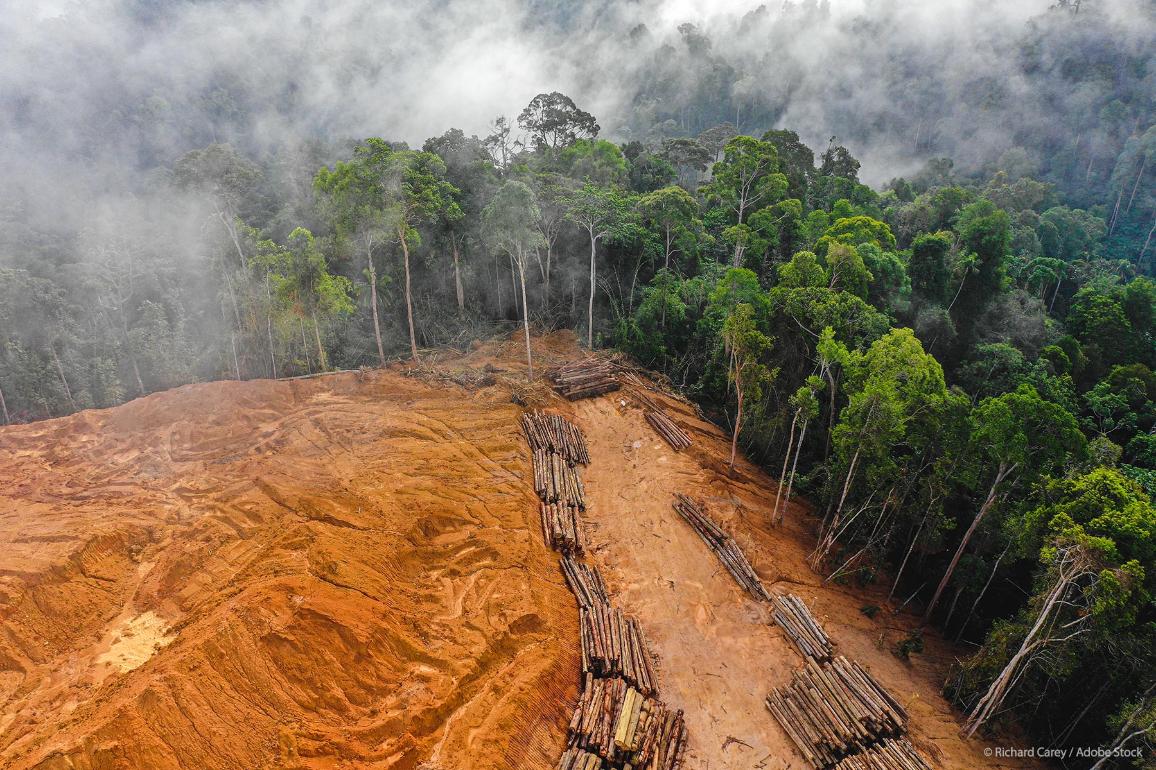EU Adopts New Law to Fight Global Deforestation

To fight climate change and biodiversity loss, the new law obliges companies to ensure products sold in the EU have not led to deforestation and forest degradation.
While no country or commodity will be banned, companies will only be allowed to sell products in the EU if the supplier of the product has issued a so-called “due diligence” statement confirming that the product does not come from deforested land or has led to forest degradation, including irreplaceable primary forests, after December 31, 2020.
As requested by Parliament, companies will also have to verify that these products comply with the relevant legislation of the country of production, including on human rights, and that the rights of affected indigenous people have been respected.
Products covered
The products covered by the new legislation are cattle, cocoa, coffee, palm-oil, soya and wood, including products that contain, have been fed with or have been made using these commodities (such as leather, chocolate and furniture), as in the original Commission proposal. During the negotiations, MEPs successfully added rubber, charcoal, printed paper products and several palm oil derivatives.
Parliament also secured a wider definition of forest degradation that includes the conversion of primary forests or naturally regenerating forests into plantation forests or other wooded lands.
Risk-based controls
The Commission will classify countries, or parts thereof, as low-, standard- or high-risk based through an objective and transparent assessment within 18 months of this regulation entering into force. Products from low-risk countries will be subject to a simplified due diligence procedure. The proportion of checks is performed on operators according to the country’s risk level: 9% for high-risk countries, 3% for standard-risk and 1% for low-risk.
The competent EU authorities will have access to relevant information provided by the companies, such as geolocation coordinates, and conduct checks with the help of satellite monitoring tools and DNA analysis to check where products come from.
Penalties for non-compliance shall be proportionate and dissuasive, and the maximum fine must be at least 4% of the total annual turnover in the EU of the non-compliant operator or trader.
The new law was adopted with 552 votes to 44 and 43 abstentions.
Source: European Parliament

